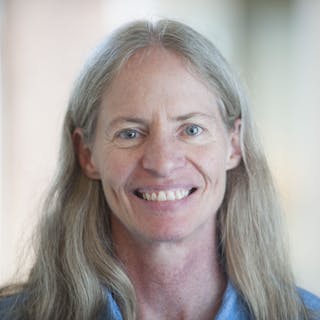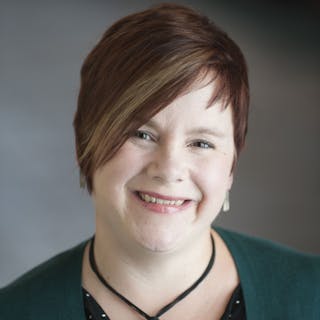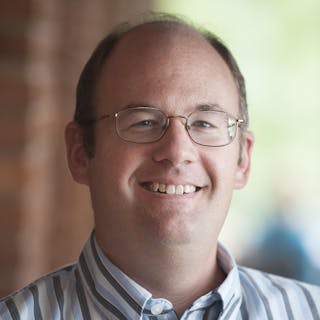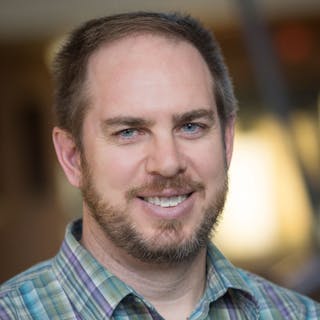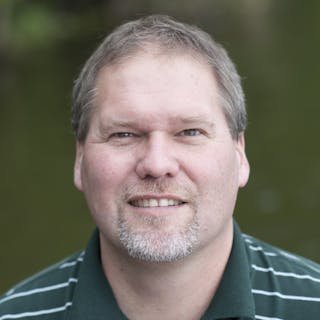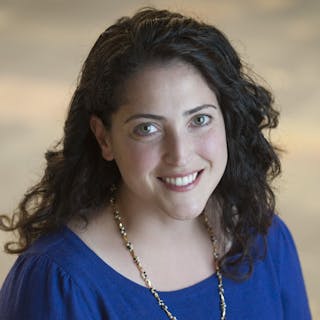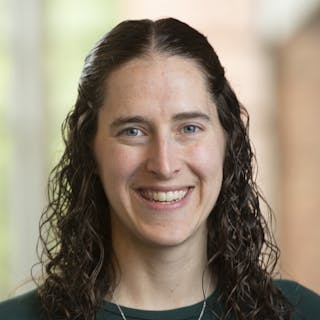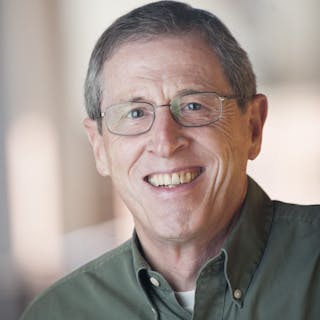


Become who you’re meant to be. While earning a B.A. in Biology, you’ll forge a strong base for many careers with opportunities to specialize and pursue your calling. The B.A. is a starting place for many careers in the life sciences, while the B.S. in Biology includes additional chemistry and physics courses that will prepare you to enter graduate or medical school. In both major, you’ll develop your skills and expertise to reach your full potential.
Contact us
Request info
Interested in learning more about Bethel's B.A. in Biology program? Fill out this simple form and we'll send you more information soon.
Connect with a counselor
They’ll answer your questions, connect you with professors, and help you find the right time to visit campus. They’ll be there every step of the way to help make applying to Bethel as smooth as possible.
Courses and skills
What skills will I develop?
By majoring in biology, you’ll become a knowledgeable scientist in a scientifically rigorous major that will prepare you for careers requiring strong biological understanding, including some graduate programs in the biological sciences and some medical and health professional postgraduate programs.

Practical science skills
You'll learn to use and apply quantitative reasoning to solve problems, create and use models, critically analyze and evaluate scientific topics, and you’ll design scientific experiments and conduct research.
Communication
You’ll also be equipped to communicate your scientific understanding in multiple forms as you develop strong skills like reading, writing, critical thinking, and analysis.
Research and collaboration
As you pursue research opportunities, you’ll develop strong research skills and be equipped to collaborate with others.
Laboratory skills
Develop your skills and expertise in our labs, including advanced microscopy, human cadaver dissection, small animal surgery, microarray analysis and experimentation, environmental field sampling techniques, and more.
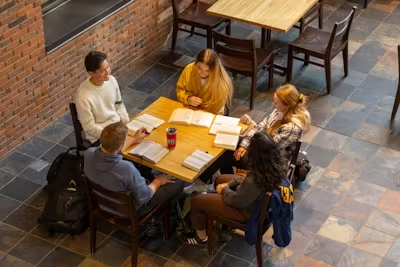
Academic plans
Map out your time at Bethel—from day one to your diploma. Your course schedule is designed to help you grow, gain skills, and become who you’re meant to be.
Learning opportunities
What experiences will I have?
Hands-on learning is at the core of all Bethel majors. That means you’ll find numerous opportunities to get involved, apply what you’ve learned, and gain experience by studying abroad or completing amazing internships. And Bethel’s size and vibrant community will allow you to pursue ways to get involved right away.

Specialized labs
Explore science in state-of-the-art facilities like human cadaver and biotechnology labs, neurosciences labs, a cellular/molecular biology lab, a greenhouse, environmental science labs, and 247 acres of outdoor laboratories. In all our labs, you’ll grow accustomed to modern instruments and equipment.

Research opportunities
As you engage in cutting-edge work, you’ll have opportunities to conduct research alongside professors, and you could receive a summer scholarship or present your findings at scientific conferences. You can also work in the department as a teaching assistant.

Clubs and organizations
Engage with your classmates and build connections through the Pre-Med Club, Creation Restoration Club, and Tri-Beta National Biology Honor Society. Some clubs also sponsor networking events that bring alumni and potential employers to campus.
Real-world impact
What can I do with a biology degree?
A biology major is a great starting place for many careers in the life sciences, with opportunities to specialize. As you become the person you’re meant to be, you’ll be equipped for a life of purpose in almost any field.
Research and lab careers
Gain the skills to work as a biological laboratory scientist and technician, a molecular and cellular biologist, a geneticist, a bioinformatics scientist, a biochemical engineer, a food industry scientist, and more.
Healthcare-related careers
Though the B.S. in biology is a better choice to pursue medical school, the B.A. will prepare you for medical careers and graduate programs if you want to work as a physician assistant, physical therapist, occupational therapist, medical technician, and more.
Environmental sciences
Work in various roles related to environmental biology, including zoology, wildlife biology, horticulture, conservation, and more. Graduates also work in agriculture, forestry, environmental restoration, and environmental management.
Education and teaching
You’ll be equipped to earn additional licenses or degrees to become a biology teacher or pursue an education career.
Grad school
You’ll be well-equipped to continue your education in Ph.D. programs and some medical fields.
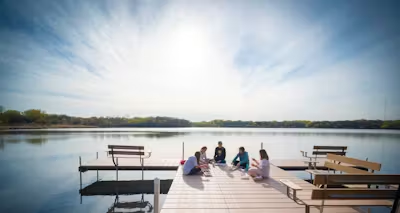
Start your journey
Explore Bethel for yourself
Visiting campus is the best way to learn about Bethel and our majors. As you try out academic and campus life at Bethel, you can attend a class, chat with students, meet professors and coaches, tour campus, and get a taste of life in our program.
Faculty mentors
Meet your professors
You’ll learn alongside faculty who are distinguished scholars and faithful Christians. They’ll know you by name and invest in your success. Professors are accessible between classes, and you’ll often find fellow students gathered or studying in our department lounge.
Student Support
Your support team
At Bethel, you’ll experience a community where you belong. And that means you’ll be able to access numerous tools for your academic success—tutoring, mentors, study help, and more.
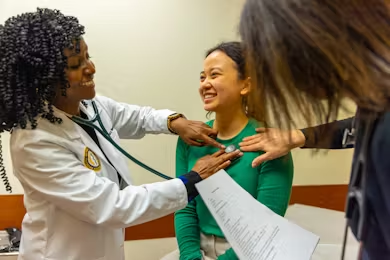
Career coaching and preparation
A dedicated team is here to empower you to lead a purposeful life. Career coaches will help you build a resume, pursue internships and jobs, and provide support at every step of the way.

Academic advising
No matter your goals, you’ll find support from your advisor. They’ll help you plan your courses and will provide support as you complete your degree and start a successful career.
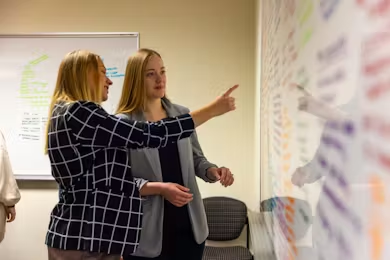
Tutoring and academic support
The Academic Enrichment and Support Center (AESC) will be your first stop for academic support. You’ll find help in building study skills, academic counseling, and more.
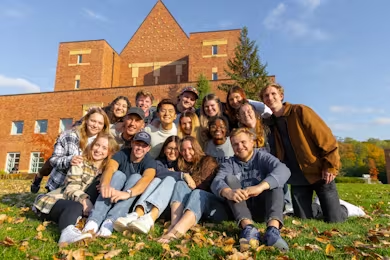
Faith formation
As you develop your faith, you’ll have support from our Campus Ministries team. From Chapel to Bible studies, you’ll have numerous opportunities to explore and grow in your faith.

A path with promise
Clear price. Clear outcomes.
Know what your education costs—and where it’s taking you. You’ll start with a clear price so you can focus on what truly matters: your education and your future. And you’ll graduate with confidence through the Bethel Career Commitment, which includes built-in career coaching and additional support for eligible graduates who still need help.
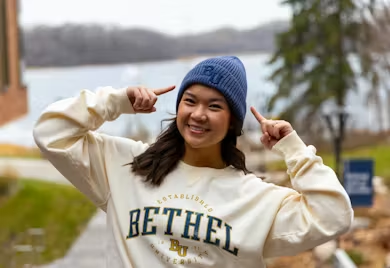
Become A Bethel Student
Apply now
You belong at Bethel. If you're ready to see who you could become, start your free application today.
Find your fit
Explore related programs
Bethel’s small size, strong community, and liberal arts focus allows you to personalize your education by adding additional majors or minors. In fact, about 30% of students double major—and many pursue degrees in vastly different disciplines.



Explore the full lists:





